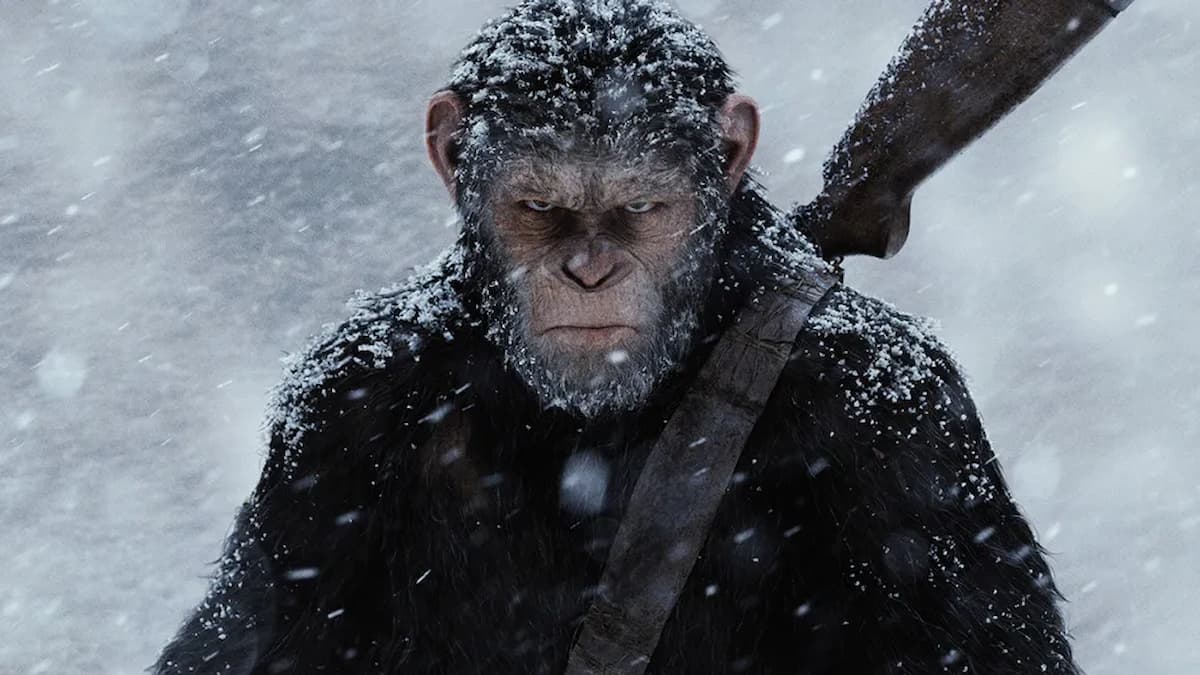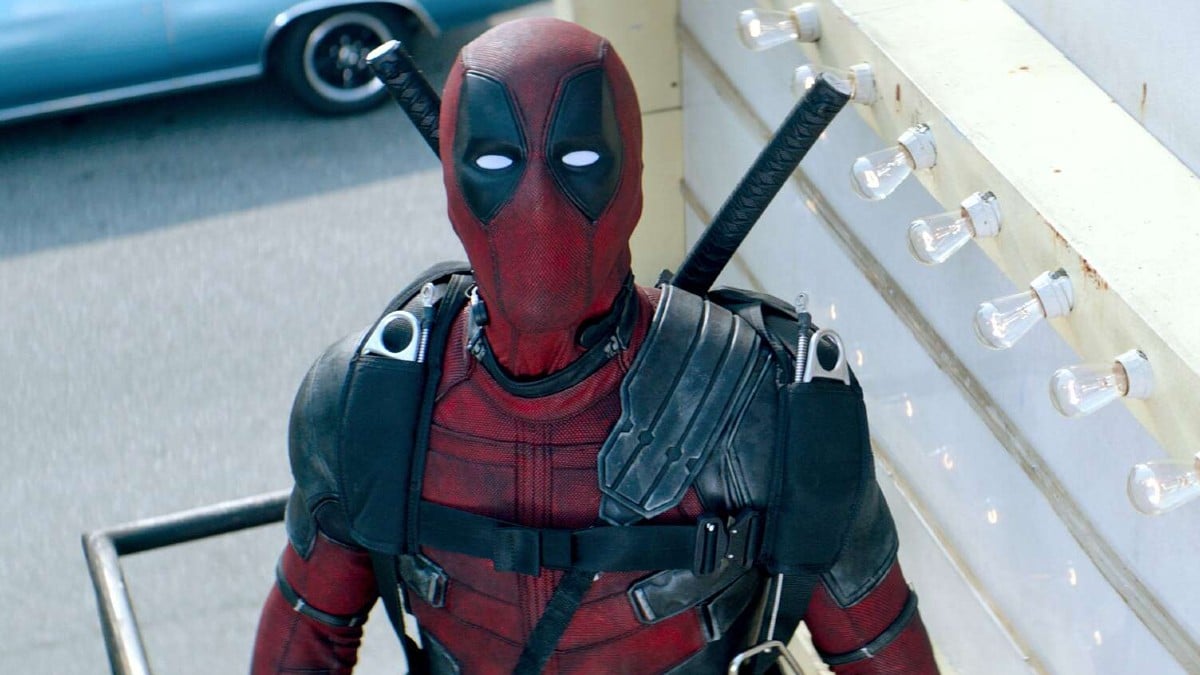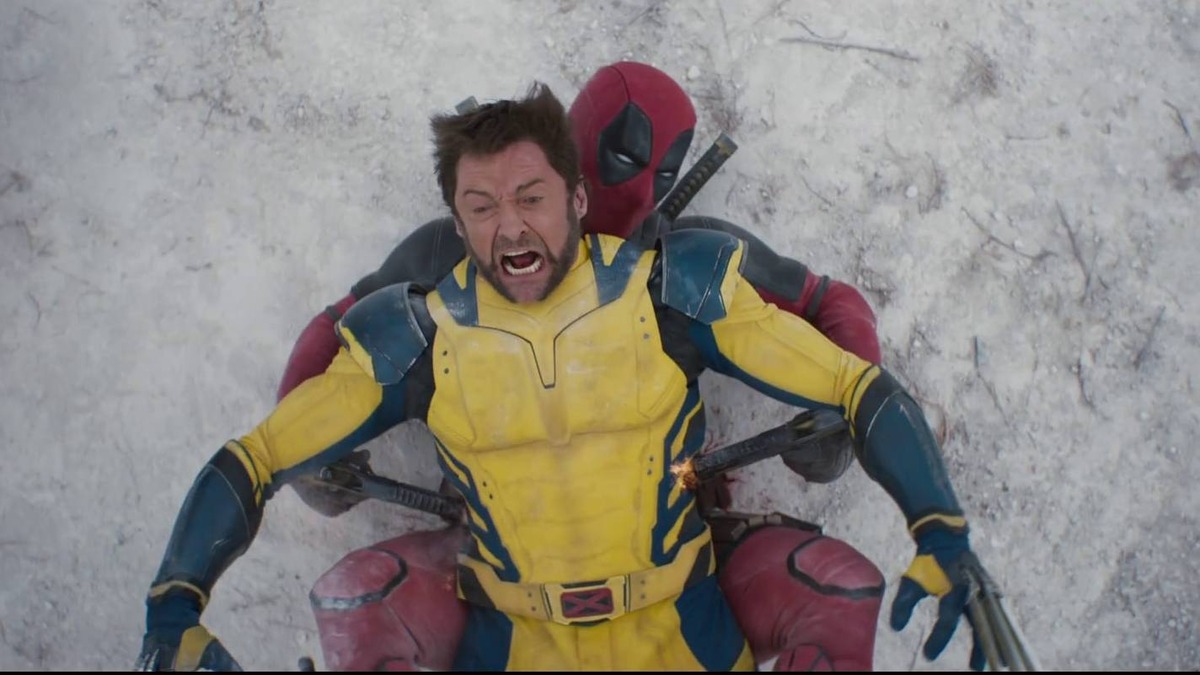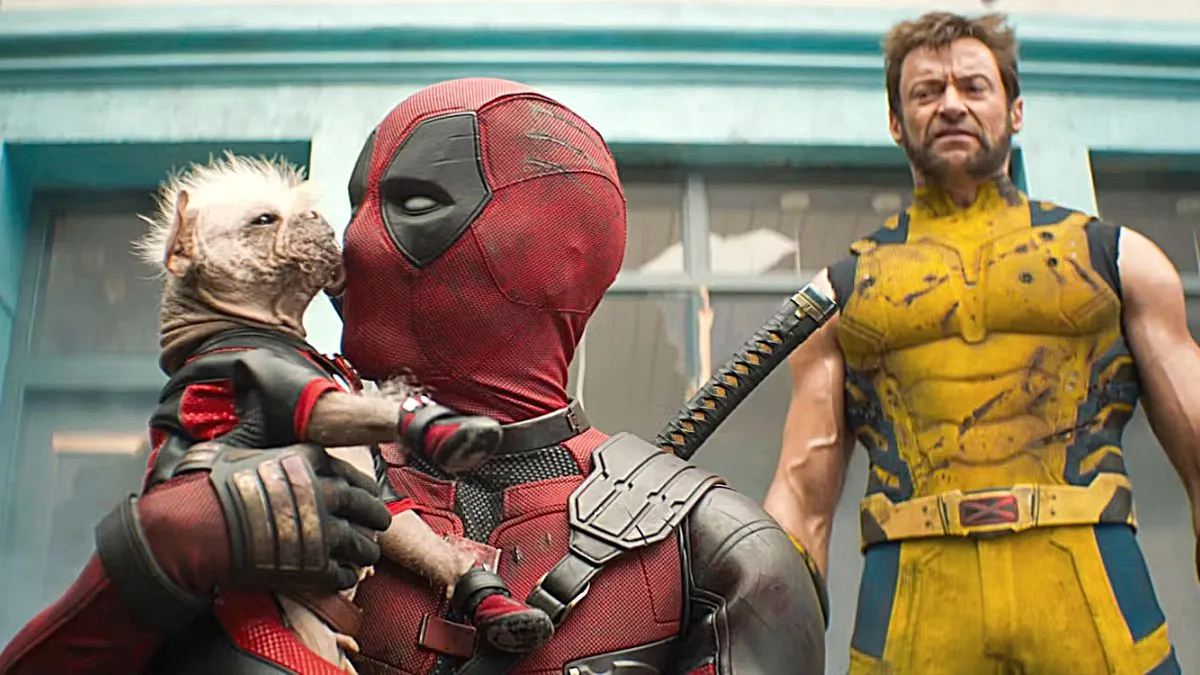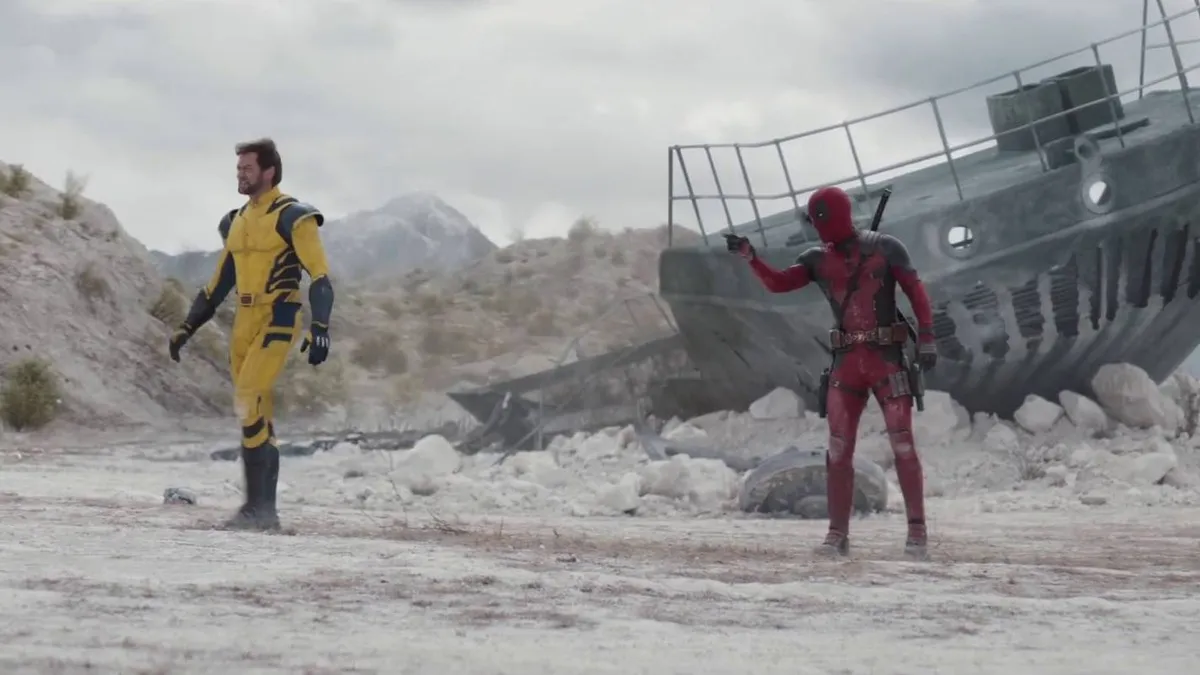Right now, there are a lot of things we don’t know about Quentin Tarantino’s Django Unchained – who the lead is, when it’s going into production, even whether or not it’s going into production at all – but there’s one thing that you can be certain of: this is a film that’s going to turn some heads.
By now, you’ve probably heard about the script. It was completed a little over a week ago to considerable fanfare, and while there were initial rumors that it might be a companion piece to Sergio Corbucci’s violent 1966 spaghetti western Django or the subgenre that film helped to spawn, they were all but obliterated a couple of days later. Instead, Tarantino’s script is more of a spiritual successor, with its namesake being used as some kind of cinephilic power totem. This ain’t your grandpa’s Western.
The Django of Tarantino’s film is a black slave recently bought by a couple of traders. Through a series of spaghetti-western flashbacks, we see the events that have recently torn his life apart. We watch as he’s separated from his wife and forced to observe helplessly as she’s sold to the highest bidder. It’s rough stuff and as Django is forced to toe the line with a bunch of other slaves, his anger feels palpable. Justified. Within the first three pages of the script, the thrust of the entire film has been laid out before us.
Before long, Django is freed from his shackles by an eccentric German bounty hunter/dentist named Dr. King Schultz. The two become close friends and – eventually – partners, as Schultz takes the slave under his wing. We watch as Django becomes hardened, liberated, going from a man who has practically given up on life to a stone-cold badass. There are some great little set-pieces early in the script that set up the camaraderie between Django and Schultz, as Tarantino has them take out numerous evil white men with the same kind of gleeful abandon he used to dispatch Nazis in Inglourious Basterds. The camaraderie between these two serves as the bedrock of the entire picture, the hard ground that we need to maintain our footing in the film’s nightmarish mise-en-scène.
There have been a lot of rumors flying around about Christoph Waltz playing the role of Schultz, with some people complaining that it’s too similar to that of Hans Landa, his character from Inglourious Basterds. While there are definitely traces of that character in Schultz, this one is almost its complete inversion. Where Landa was gleeful in his hatred, Schultz is gleefully benevolent, one of the few men in this script who seems unfazed by issues of race and reputation. (Just don’t get on his bad side.) It’s a great character and regardless of who plays it, they have a hell of a role on their hands.
As the script wares on, Django begins to feel that he’s learned everything that he can and that he’s ready to rescue his wife Broomhilda. Suddenly, the script flips the switch and we begin to see the events of the last few months unfold from Hilda’s point of view. We learn all about Calvin Candie, her villainous, soft-spoken Francophile master and his equal parts hellish and palatial estate known as Candyland. Candie revels in the exploitation of black flesh, both for pleasure and pain. When he isn’t hanging around his interracial “Cleopatra Club,” he’s buying, selling and gambling on black slaves who are forced to fight to the death. The second half of the script introduces many new characters, most of whom are a part of Candie’s entourage, and this is when I believe the script begins to tighten. If Tarantino sticks to what’s written, the final half hour of Django Unchained is going to be wild, an exercise in audaciousness similar to that of Inglourious Basterds.
Tarantino has often referred to this work as his “Southern,” and while it sticks to a lot of conventions and rules of the classic Western, it’s also its own bizarre beast. There’s a real streak of ugliness in Django Unchained and a lot of reprehensible characters who are set up like dominoes to fall just as easily. While that definitely makes it easy to root for Django and Schultz, there were times where I felt myself longing for the depth of complicated villains like those in Kill Bill, Jackie Brown and Pulp Fiction.
The script is also unnecessarily flabby in parts, but I think it’s better to have too much than too little. What doesn’t work on the page might come to screaming life on the lips of talented actors and the finished product can always be edited for flow. Another thing I was missing from Django Unchained was that pop-cultural pull. Almost every one of Tarantino‘s movies have been stitched together with a metatextual thread. His characters love to sit and talk about movies, comic books and music and the director even found a way to make film a vital part of his WWII period piece. The closest approximation we get in Django Unchained is a German fairy tale relayed from Schultz to Django. It isn’t much, but it’ll have to do.
Some of the dialogue exchanges also lack that trademark Tarantino spark and recall a few of the less inspired conversations of Death Proof. This isn’t a dealbreaker, because his characters are always more interesting than they were in that movie, but certain parts feel a little self-indulgent and help to highlight the primary flaw of Django Unchained: that it feels epic in length but not in scope. While Inglourious Basterds and Kill Bill were both huge scripts (much like this one, which clocks in at 168 pages) they also cycled through a lot of different characters and storylines. This one pretty much sticks to the plight of its titular character. There are definitely some moments where you’d wish it would get to the “good stuff.”
When that good stuff does come, though, it’s well worth the wait. Quentin‘s previous films have been inspired in their use of violence and this one looks to be no different. It’s practically teeming with vivid images. Crimson sprayed on cotton, bodies obliterated with dynamite. There are some wild shootouts in this script, great moments of operatic brutality that are going to have people jumping out of their seats. (One moment involving a handshake feels particularly inspired.) Tarantino has written a fun character with Django, relentlessly intimidating and mean as all hell, and he’s going to sit comfortably in the badass pantheon with Jules Winnfield, The Bride and Lt. Aldo Raine.
In the end, though, I think a lot of Django Unchained‘s success is going to depend on the aesthetic choices made with the film. As a script, it didn’t light my world on fire the way Kill Bill and Inglourious Basterds did, but it didn’t dampen my enthusiasm like Death Proof, either. With the right actors, cinematographer and (especially!) composer, I think Django Unchained has the potential to be something very special. They’ve already found the right director.
Score: 7.5/10
- Pros:
- Great revenge story that turns the genre on its head
- Two brilliant characters in Django and Schultz
- Tarantino draws blood better than anyone
- Cons:
- A little long-winded and indulgent
- Lacks some of the Tarantino spark



